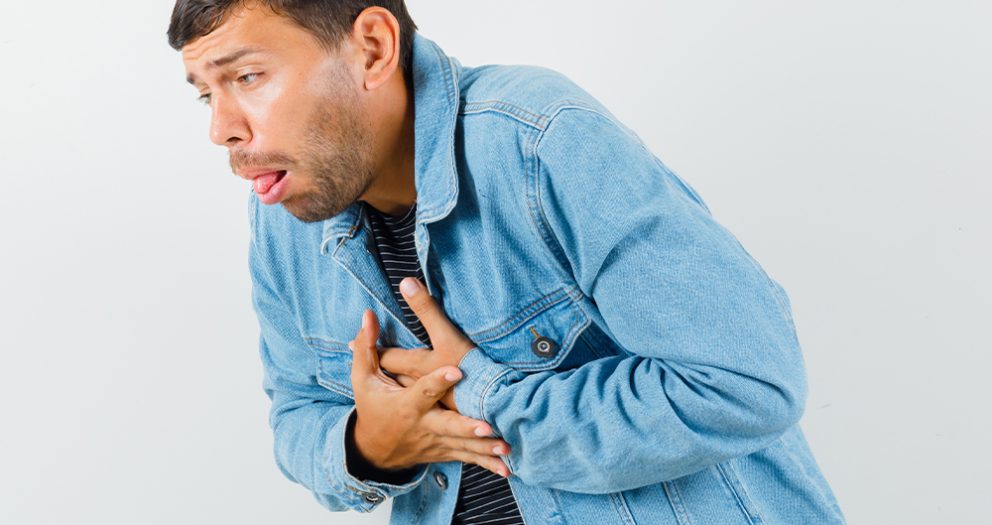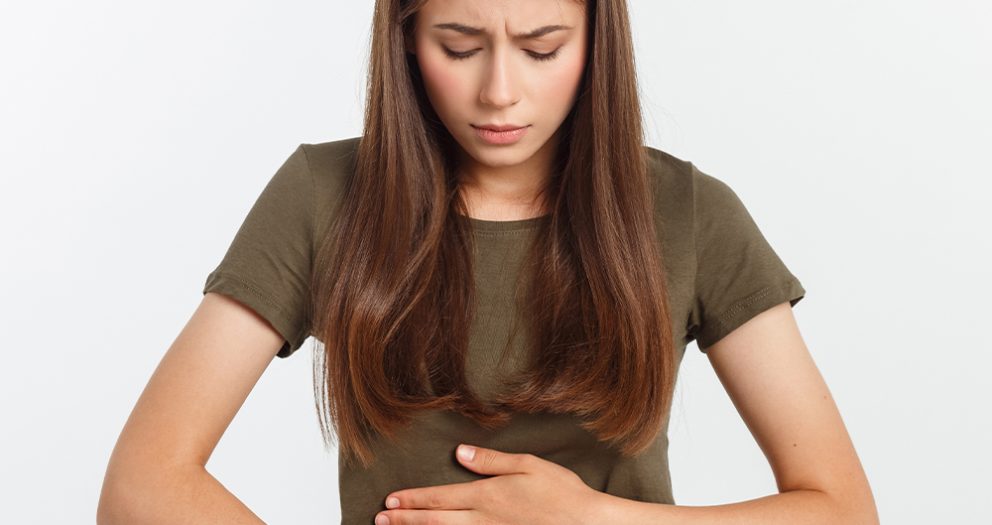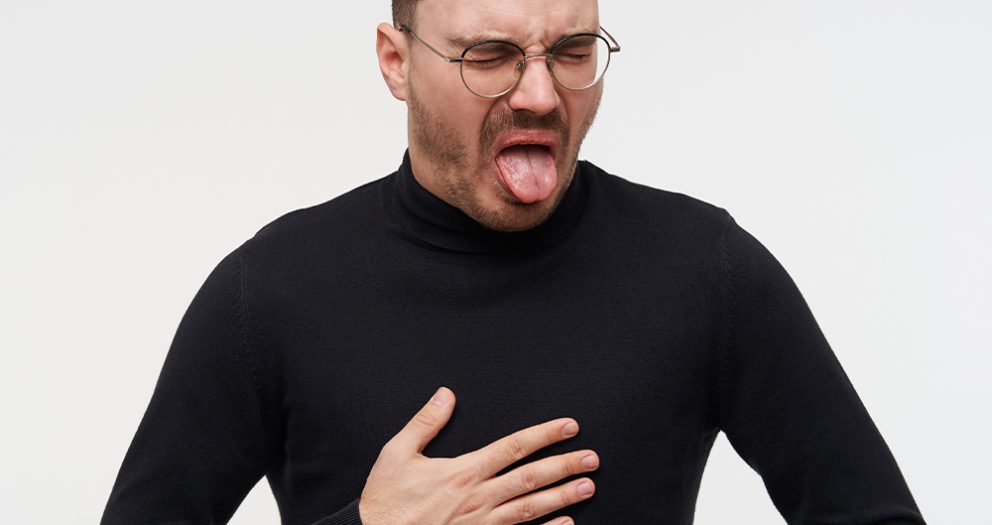People who’ve seen others suffer from the scourge of acne outbreaks harbor the idea that acne is one condition that must be avoided at all costs. Some get nervous just hearing about someone who’s succumbed to an acne outbreak and feel the real need of not getting too close to that person. The dreaded question, can someone with acne give you acne, is always asked but as you will find out, this fear of acne is ill-founded.
Acne is definitely not contagious
It’s true that many diseases of the skin are contagious to certain degrees but fortunately for us given the discomfort, pain and sheer embarrassment of being infected by acne, acne is not a contagious condition and therefore cannot be passed directly from one person to another.
This is true of common acne which cannot be passed from person to person in the same way that other conditions are easily passed on like the flu or the common cold.
If for instance you were to touch, hug or even kiss someone who has acne, rest assured you won’t catch the skin disorder from them. Are you sharing a towel or tooth paste with someone who has acne? Don’t worry, there’s no chance of acne finding its way to your skin.
Another interesting thing to know about acne is that nearly everyone during their lives especially during their teen years and beyond is bound to develop acne.
This is the reason why even if you did get acne after being with someone who has acne doesn’t mean that you got it from that person. It may be a coincidence but certainly not the reason why you subsequently got acne.
How acne can actually come your way
There are three main factors that can trigger the beginning of acne as follows:
- Clogging up the skin pore – normally the first stage is the coming together of dead skin cells with an oily substance called sebum inside the pore of skin where a follicle or gland in your skin that secretes the oil and from where the hair begins its growth is located.
The real cause for acne to appear is the presence of bacteria Propionibacterium acnes (P. acnes) also inside the same pore. When combined, all these ingredients become a plug that prevents anything from escaping through the pore to the world outside.
What happens is that the follicle continues to secrete the oily substance or sebum inside the pore making it grow and swell and slowly turn into acne, very likely you very first pimple.
- First feature of P. acnes –it’s useful and comforting to know the first feature of P. acnesthe bacteria that develops inside the follicle from the combined presence of dead skin cells and the follicle’s oily secretion sebum.
The skin is home for this bacteria and it does not have the ability to pass from person to person. This means that there’s no reason to fear that you might catch the bacteria and suffer from acne outbreaks.
- Second feature of P. acnes – by itself, P. acnes is not harmful to your health and wellbeing. However, once the accumulation of dead skin cells and oil reach the point of becoming a plug that clogs up the pore, an anaerobic environment is formed .
This is the kind of environment that becomes the nest for P. acnes in which it grows and multiplies therefore becoming the cause and part of acne breakouts.
Other acne causing skin conditions
It’s not correct to assume that the appearance of pimples in the morning means that you have an acne outbreak. There must be a full outbreak all over your face, shoulders or back before there’s an outbreak as other skin problems can also cause pimples or blemishes to appear.
Nevertheless, if pimples suddenly appear on your skin which had always been clear, you should see your physician and/or contact your online pharmacist. Do the same if someone in your family got a blemish last week and you now have pimples similar to the ones the other person had.
Always keep in mind that other rashes can be passed for person to person but acne is not contagious. Whenever you are in doubt as to what type of rash or blemish you have, It’s always wise to make an appointment with your doctor and he will tell you exactly what’s wrong with you.
Be always optimistic and careful
Whether or not your condition is an outbreak of acne, be comforted in knowing that acne can always be treated and that your doctor is always on hand to provide assistance. You should regard your doctor as the final authority on what you should do next when a diagnosis has been made.
Sometimes however, your own personal input is needed for creating the right conditions that ensure the health and safety of your skin if it’s prone to acne. Here are some of them:
- Get into the habit of washing your face twice a day with warm water and mild soap.
- Never scrub your skin or burst your pimples.
- In order to prevent scarring always avoid popping your pimples.
- For sudden removal of a pimple, always seek help form a specialist anything.
- Always refrain from touching your face.
- Before applying makeup, lotions or creams, make sure you’ve washed your hands
- Your spectacles are havens for oily sebum and dead skin cells so make sure to clean them.
- Acne on shoulders, back or chest can hurt when you wear tight clothing so wear loose ones.
- Use skin sensitive makeup, never use oil based items and wash away makeup before sleep.
- An electric shaver or safety razors are ideal for shaving. Make sure you soften up beard with soaped warm water before you apply shaving cream.
- Sebum and dead skin cells cling to your hair. Avoid greasy hair ointment to keep them away.
- Don’t stay under the sun for long periods to avoid sunburn and increase in secretion of sebum.
- Increased cortisol and adrenaline from stress and anxiety can worsen acne so avoid stress and anxiety.
- Try not to sweating too much by staying cool and dry in humid conditions.
Conclusion
So, we can now answer the question of can someone with acne give you acne by saying that because acne is not contagious it’s really not possible for acne to be transferred from one person to another except under very special circumstances that enable the P. acnes bacteria to flourish and generate acne breakouts which can only happen when people share makeup and related instruments. This is possibly the only incident that can cause the transfer of acne from one person to another






